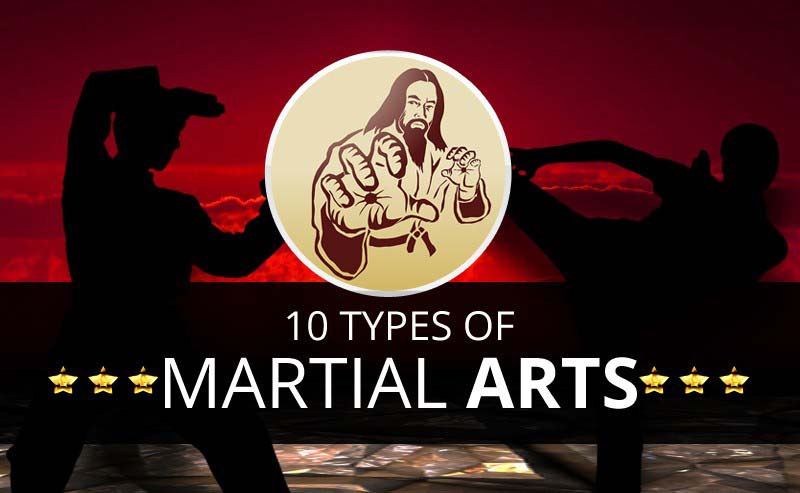The Background And Philosophy Of Fighting Style: A Deep Dive
The Background And Philosophy Of Fighting Style: A Deep Dive
Blog Article
Authored By-Ryberg Henson
Step into the old world where martial arts were substantiated of necessity in diverse regions. Societies crafted one-of-a-kind fighting styles intertwined with historical contexts. Strategies evolved over centuries via dedicated method and cultural exchanges. Today, modern martial arts blend standard elements for optimal performance. Philosophically, martial arts highlight self-control, self-improvement, and consistency. read the full info here , humbleness, and balance are foundational concepts directing specialists towards growth and resilience. Check out the depths of this rich background and approach to reveal the profound impacts shaping this enduring self-control.
Origins of Martial Arts
Fighting style came from different areas around the globe, developing as practical battle systems to defend against hazards. These old combating styles were developed out of necessity, with each society crafting techniques matched to their one-of-a-kind settings and challenges. From the grappling arts of Jujutsu in Japan to the striking methods of Kung Fu in China, martial arts were deeply intertwined with the historic, social, and social fabric of their respective cultures.
In Japan, the samurai class polished martial arts like Kenjutsu, the art of the sword, which later on progressed into the a lot more promoted type of Kendo. Meanwhile, in Brazil, Capoeira became a mix of dancing and combat, developed by enslaved Africans as a method to resist injustice. Each fighting style carries with it an abundant background and approach, showing the values and ideas of the people who exercised them.
As you explore the origins of martial arts, you uncover a tapestry of human ingenuity, resilience, and the unyielding spirit of warriors throughout time.
Development of Methods
Through centuries of method and improvement, combat methods within various martial arts have gone through a profound evolution. From ancient designs like Kung Fu and Martial arts to a lot more modern-day self-controls such as Brazilian Jiu-Jitsu and Krav Maga, the evolution of techniques has actually been driven by a mix of social impacts, practical applications, and technological developments.
One considerable aspect of this evolution is the cross-pollination of techniques in between different martial arts. As an example, techniques from typical Japanese Jiu-Jitsu were included right into the development of Judo by Jigoro Kano in the late 19th century. This blending of designs has resulted in the advancement of hybrid martial arts like Mixed Martial Arts (MIXED MARTIAL ARTS), which combine elements of striking, grappling, and entry techniques.
Additionally, the evolution of strategies has been shaped by the raising focus on performance and effectiveness in combat. Professionals have continually sought to refine their techniques through rigorous training, testing, and competition, causing the development of extremely specialized and effective combating styles. On the whole, the development of methods in martial arts reflects the dynamic nature of combat and the continuous mission for enhancement and technology.
Philosophical Foundations
Discovering the underlying philosophical principles of martial arts offers insight into their core values and leading ideas. At the heart of several martial arts techniques is the concept of technique itself. By training your body and mind to serve as one natural system, you cultivate discipline that expands beyond the dojo or gym into everyday life. discover here includes respect, humbleness, and self-discipline, shaping not just your physical capabilities yet likewise your personality.
An additional essential philosophical foundation in martial arts is the idea of continual self-improvement. The journey of understanding a fighting style is relentless, with experts continuously making every effort to much better themselves, both physically and emotionally. martial arts for disabled adults on development fosters resilience, perseverance, and a development attitude that can be related to all elements of life.
In addition, martial arts stress the importance of consistency and balance. Strategies are designed to utilize an opponent's energy against them, highlighting the principle of producing and redirecting pressure rather than satisfying it head-on. This viewpoint includes interpersonal partnerships, promoting relaxed resolutions and good understanding. By welcoming these philosophical foundations, martial artists not only improve their combat skills but additionally grow a way of life fixated personal development, respect, and harmony.
Final thought
In conclusion, the background and philosophy of martial arts supply a rich tapestry of custom, technique, and self-improvement.
Take for example the tale of Bruce Lee, that reinvented martial arts by mixing different designs and approaches to produce his very own special form of Jeet Kune Do.
Through devotion and innovation, martial musicians continue to press boundaries and influence others to reach their complete possibility both in combat and in life.
